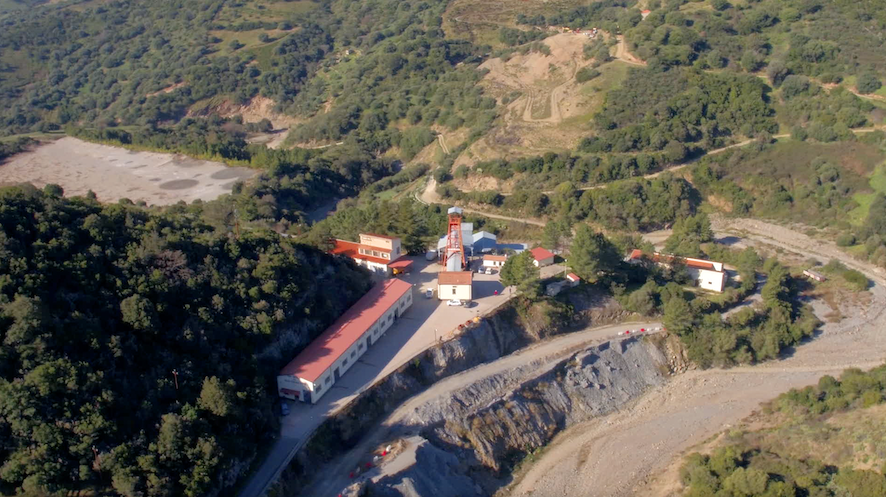 A technical-scientific committee to support the Italian candidacy to host the future ET Einstein Telescope project, the large next-generation European research infrastructure for the study of gravitational waves, has been formally established by decree of the Minister of Universities and Research, Anna Maria Bernini. The committee is chaired by Physics Nobel Laureate Giorgio Parisi, and includes Ambassador Ettore Sequi, secretary general of the Ministry of Foreign Affairs and International Cooperation, and scientists Marica Branchesi and Fernando Ferroni, from the Gran Sasso Science Institute and INFN, and Antonio Zoccoli, president of INFN. The Italian candidacy can count on a number of strengths. In particular, on the characteristics of the identified site, the former Sos Enattos mine in Sardinia, which, because of its very low levels of seismicity and anthropisation, is ideal for hosting ET. In addition, on the multidisciplinary expertise of the Italian scientific communities involved in the project, and on the specific experience of the INFN community, which has been at the forefront of gravitational wave experimental research worldwide for fifty years, particularly through the Advanced Virgo project, the interferometer operating at the European Gravitational Observatory, in Cascina, near Pisa. Italy is facing the competition with great team spirit among scientific and political institutions with the Ministry of Universities and Research and the Autonomous Region of Sardinia at the forefront.
A technical-scientific committee to support the Italian candidacy to host the future ET Einstein Telescope project, the large next-generation European research infrastructure for the study of gravitational waves, has been formally established by decree of the Minister of Universities and Research, Anna Maria Bernini. The committee is chaired by Physics Nobel Laureate Giorgio Parisi, and includes Ambassador Ettore Sequi, secretary general of the Ministry of Foreign Affairs and International Cooperation, and scientists Marica Branchesi and Fernando Ferroni, from the Gran Sasso Science Institute and INFN, and Antonio Zoccoli, president of INFN. The Italian candidacy can count on a number of strengths. In particular, on the characteristics of the identified site, the former Sos Enattos mine in Sardinia, which, because of its very low levels of seismicity and anthropisation, is ideal for hosting ET. In addition, on the multidisciplinary expertise of the Italian scientific communities involved in the project, and on the specific experience of the INFN community, which has been at the forefront of gravitational wave experimental research worldwide for fifty years, particularly through the Advanced Virgo project, the interferometer operating at the European Gravitational Observatory, in Cascina, near Pisa. Italy is facing the competition with great team spirit among scientific and political institutions with the Ministry of Universities and Research and the Autonomous Region of Sardinia at the forefront.






